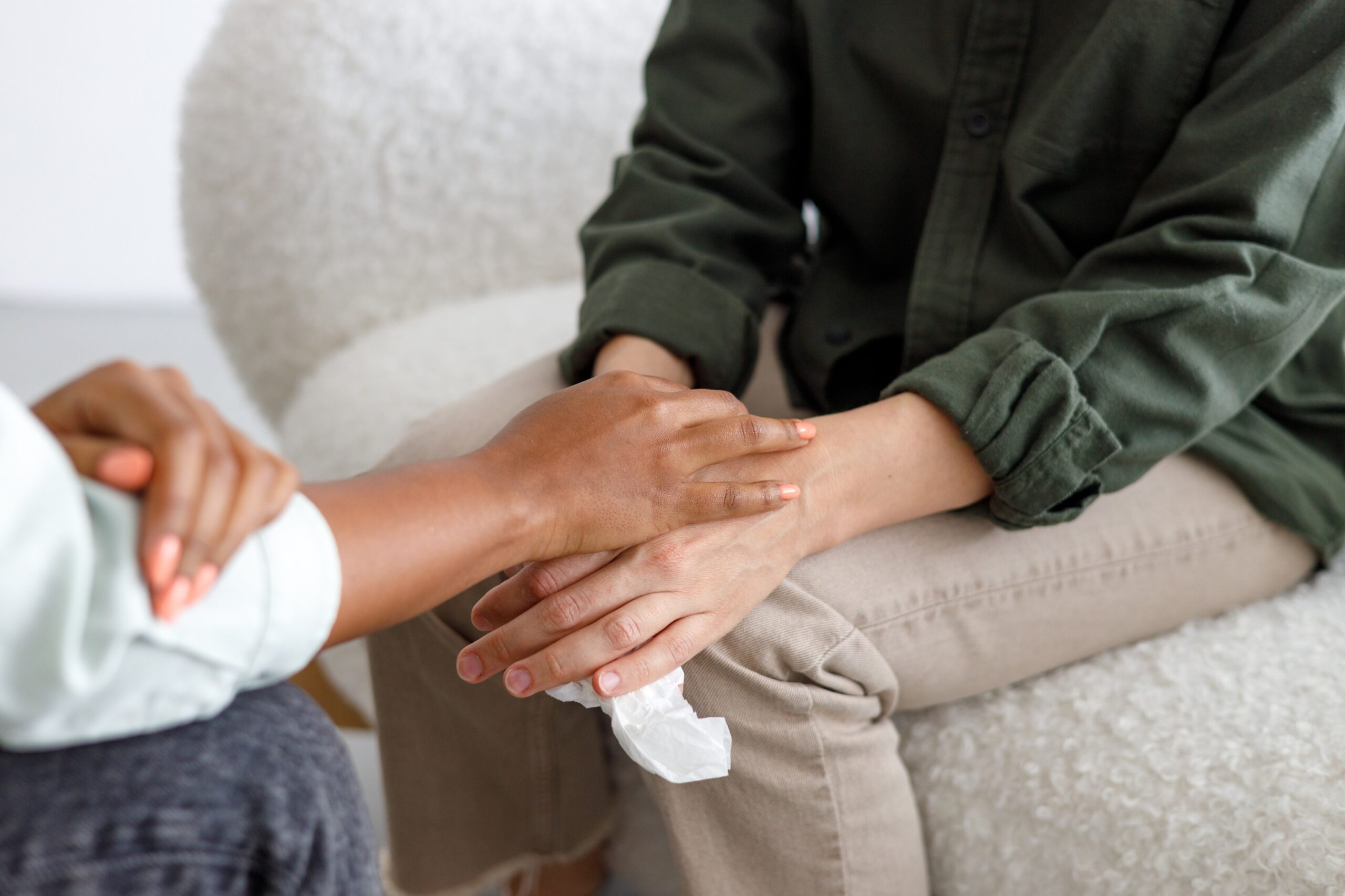Emotional Recovery After an Accident: Why Counseling Matters – Guest Post

Accidents can change a person’s life in an instant. Even after the physical injuries start to heal, many people are left dealing with emotions they weren’t prepared for. Fear, anger, sadness, and confusion are all common responses after a traumatic event.
Unfortunately, these emotional effects are often overlooked. That’s why counseling is an important part of recovery—it helps you process what happened and find ways to move forward in a healthy way.
When to Seek Counseling
It’s not always easy to know when emotional recovery needs professional help. Some people try to push through on their own, assuming time will heal everything. But trauma doesn’t always work that way. It can settle in quietly, showing up later as anxiety, mood swings, or difficulty functioning in everyday life.
That’s why professional insight matters. Counselors with specialized training in trauma recovery, acquired through an LPC degree, understand how trauma manifests and what to look for. They point to symptoms like trouble sleeping, avoiding reminders of the accident, or feeling constantly on edge as common signs that deeper support may be needed.
If you’re experiencing flashbacks, panic, or deep emotional shifts, it’s more than just stress. It’s a sign that support could make a real difference. There’s no shame in reaching out. The sooner you talk to someone, the sooner you can begin to feel like yourself again.
How Counseling Helps Emotional Recovery
When someone goes through a traumatic accident, their mind may struggle to make sense of it all. Counseling offers a safe and private space to talk about those feelings, without judgment or pressure. It allows individuals to express emotions they may be holding in and start to understand how the experience has affected them.
Therapists use various methods based on individual needs. For example, cognitive behavioral therapy (CBT) helps shift negative thinking, while EMDR is useful for trauma. Even regular talk therapy can ease anxiety, improve mood, and restore confidence after an accident.
Support Beyond the Clinic
Counseling is a great starting point, but emotional recovery also happens in everyday life. Family and close friends play a huge role in providing comfort and encouragement. Support groups can also be helpful—talking to others who’ve been through similar situations can reduce feelings of isolation.
Along with therapy, simple habits like journaling, light physical activity, or mindfulness exercises can ease stress and improve mood. Everyone heals at their own pace, but small steps taken each day can make a big difference in how someone feels over time.
Recovering from an accident isn’t just about physical healing. The emotional side of recovery is just as important and deserves the same level of care. If you or someone you know is struggling after a traumatic event, counseling can help bring clarity, peace, and a path forward. With the right support, it’s possible to feel whole again—mentally, emotionally, and physically.
